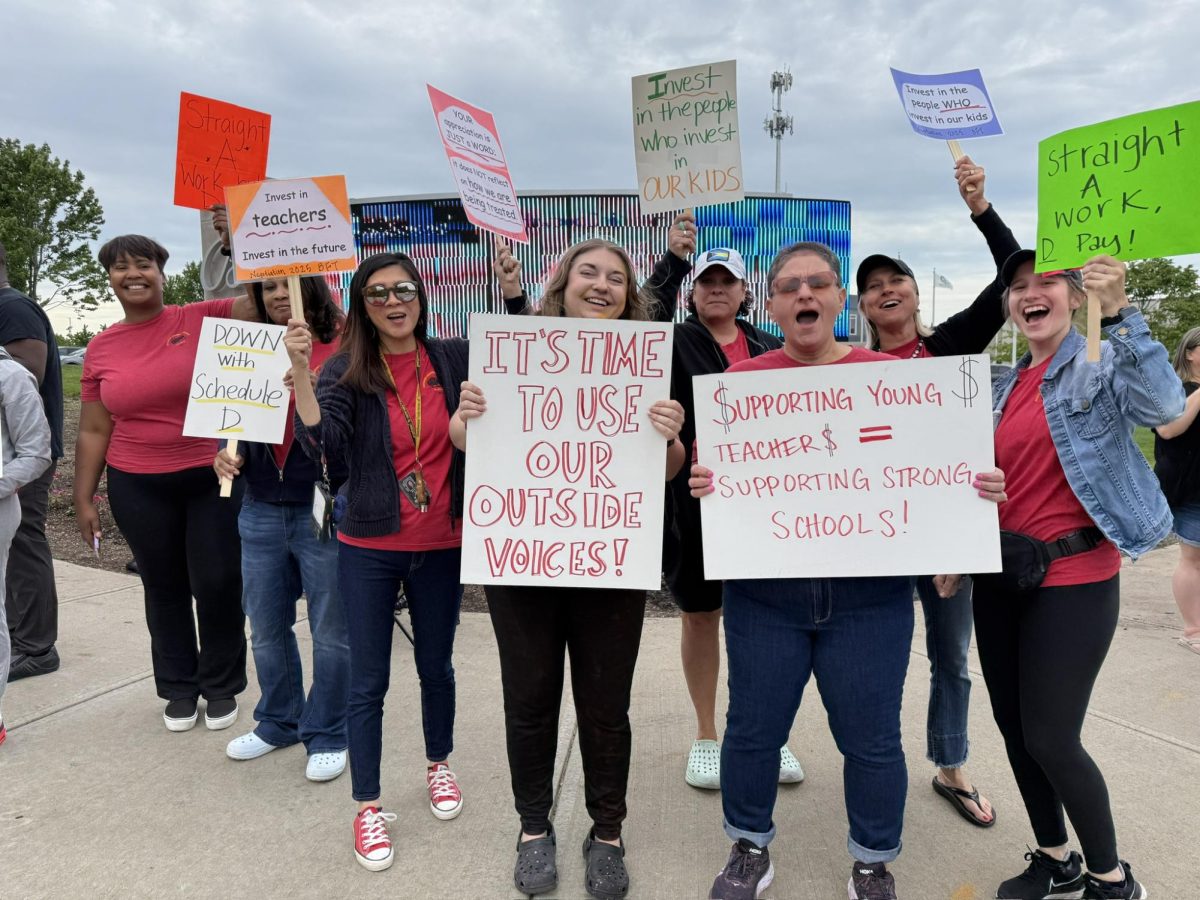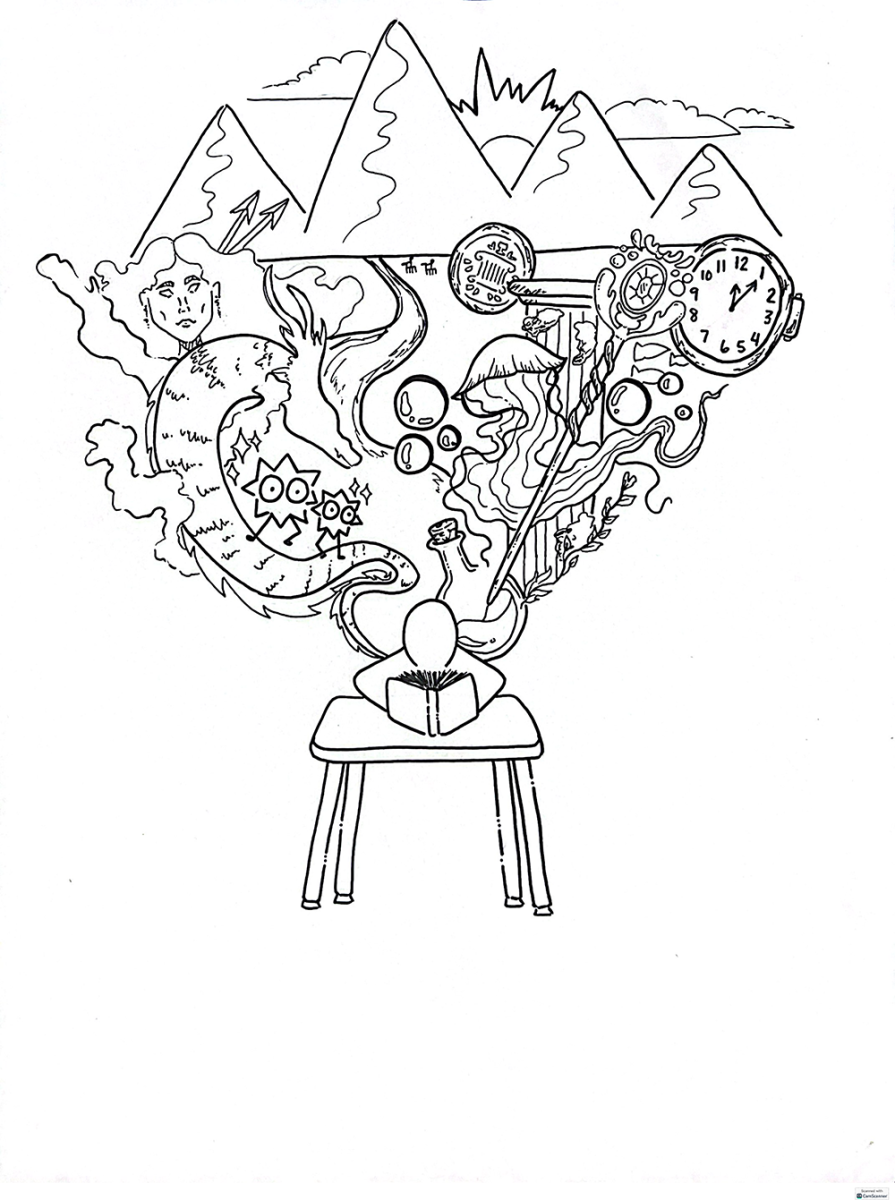Recreational marijuana is likely to be available for sale to adults in Ohio next month after a legislative committee signed off on a plan May 13 for medical dispensaries to sell recreational marijuana products.
Ohio voters passed the ballot initiative known as Issue 2 on Nov. 3, allowing for the sale and purchase of marijuana under the regulation of a newly created Division of Cannabis Control, placing a 10% tax on marijuana sales and allowing adults over 21 to own and use up to 2.5 ounces of marijuana.
Previously, marijuana could only be purchased for medical purposes.
Since Issue 2 went into effect on Dec. 7, the consumption and ownership of the drug has been legal, but the ability to purchase marijuana in stores has not yet been an option since the state legislature has not passed a bill regulating the recreational marijuana industry.
Companies hoping to enter the industry have been waiting for the next move from the Ohio Statehouse.
“We are in a bit of a holding pattern until the legislature rolls out the program, but we are ready,” Leslie Brandon, Director of Communications for Buckeye Relief, wrote in an email back in December. “Our goals are to continue producing exceptional cannabis at Buckeye Relief, and to provide safe access and education to consumers through our Amplify dispensaries.”
Because Issue 2 was an initiated statute, legislators have the ability to make changes to the ballot language and have the final say on whether the statute becomes law.
Lawmakers have attempted to modify what was originally proposed in the ballot initiative with two bills.
Issue 2 permits a household with at least two adults above the age of 21 to grow up to twelve plants and an individual up to six.
However, House Bill 86 which currently awaits Governor DeWine’s signature, restricts any single residency to growing up to six plants. The bill also prohibits smoking marijuana in public, raises the tax on marijuana usage from 10 to 15 percent, and grants expungement of criminal convictions for possession of up to 2.5 ounces of marijuana.
If the governor decides to sign this reformed bill into Ohio law, it would begin to take effect within 90 days.
House Bill 354, which has not passed through committee, keeps the same provisions listed in Issue 2 regarding cultivation and tax amounts, yet alters the tax revenue distribution.
According to the Ohio State University’s estimate by the Drug Enforcement and Policy Center, the legalization of marijuana for recreational use could make up to $218 million in revenue during the first year alone.
With the extra revenue from the legalization of marijuana, the state plans to expand funding to programs pertaining to social equity and job programs, addiction treatment and education and communities that house dispensaries.
23 other states have already approved recreational marijuana, and Ohio can look to the examples of states such as Colorado, Washington and California, where the use of recreational marijuana for adults has been legal for almost a decade now.
Proponents of recreational marijuana argue that legalization allows greater ease in obtaining marijuana as a form of medication to treat physical and mental health illnesses.
Though there isn’t enough research validating the medicinal benefits of marijuana, according to the National Library of Medicine, legalization would allow more research.
Nevertheless, legalizing marijuana for recreational use has the potential to reduce the consumption of much more dangerous drugs heroin or fentanyl that may help treat chronic pain. States that have already legalized marijuana have found a decrease in hospitalization and opioid overdose deaths.
Legalization of marijuana for recreational use could help those in need of the drug, as trying to obtain a card that allows for medical use is challenging for some vulnerable populations.
The criminalization of marijuana has played a huge role in the imprisonment of hundreds of thousands of people in disadvantaged communities, especially those who are Black or Latinx, as well as the deportation of those who are undocumented residents.
The criminalization of marijuana is one of the lasting effects of the war on drugs, which negatively affected Black and Brown communities.
The expungement of criminal records for those charged with possession and use of the drug is also important as these arrests disproportionately impact communities of color.
A study by the American Civil Liberties Union (ACLU) found that Black people are four times more likely to be arrested than white people for the use of marijuana even though usage of the drug is roughly equal among the two races.
In the year 2013 alone, around 13,000 people were deported for the use of the drug.
Once charged with illegal use of marijuana, the conviction can severely harm one’s chances of employment, obtaining housing or obtaining government assistance. If convicted and imprisoned, individuals may lose the right to vote.
The effect on teen and child consumption
Cleveland Clinic pediatrician Dr. Marni Turell cited a study published in the journal JAMA Psychiatry that found in states where recreational marijuana had been legalized, use among adolescents had risen by 25 percent between 2008 and 2016.
“Unfortunately, Ohio will likely follow this trend,” Dr. Turell said.
Dr. Turell added this will have negative effects on children’s growth and development.
“It can affect normal brain development, which can lead to learning problems, memory problems, coordination issues, slower reaction time and impairment of judgment,” she said.
It can also negatively affect things like interest in participating in extracurricular activities, student attendance and academic performance.
The use of marijuana can also negatively impact the lives of adults.
“Long-term use of marijuana is linked to mental illness (does not mean it is a causal relationship though, just that there is a higher incidence of these issues in marijuana users)- there is a link to depression, anxiety, suicidal ideations and planning, and psychosis,” Dr. Turell said. “It can cause hallucinations and paranoia and worsen the symptoms of schizophrenia.”
“Marijuana can cause a permanent loss of eight IQ points that even with stopping marijuana use will not be regained,” she added. “[It also impacts] athletic performance by affecting timing, movement, and coordination.”
Nevertheless, 57 percent of Americans believe that marijuana should be legal for both medical and recreational use
Governor DeWine feels that the legalization of marijuana for recreational use presents multiple dangers.
He claims that in states where marijuana is legalized for recreational use—states like California, Colorado, and Washington—there have been multiple incidents involving young kids who have accidentally ingested marijuana or marijuana products, as well as teens and young adults who have driven under the influence of the drug.
DeWine opposed Issue 2 because of concern that legalizing the recreational use of marijuana would bring crime and other drugs into the state of Ohio and expand the drug market.
“The little bit of money that this will generate to the state of Ohio is worth the damage to the people of Ohio,” DeWine said in October.
Beachwood students have a range of opinions.
“I believe people should have the freedom to do what they want,” freshman Coby Saidel said. “It doesn’t affect me at all, though, because I am not 21 years old.”
“I think for the people who need it it’s a good relief because now they don’t have to get in trouble for using it when it benefits them,” junior Jaya Korah said. “There is also a lot of economic benefit that will come from this.”
“I do think that by passing this act is going to increase the number of teenagers who use it, and that could negatively impact us in the future,” she added.














